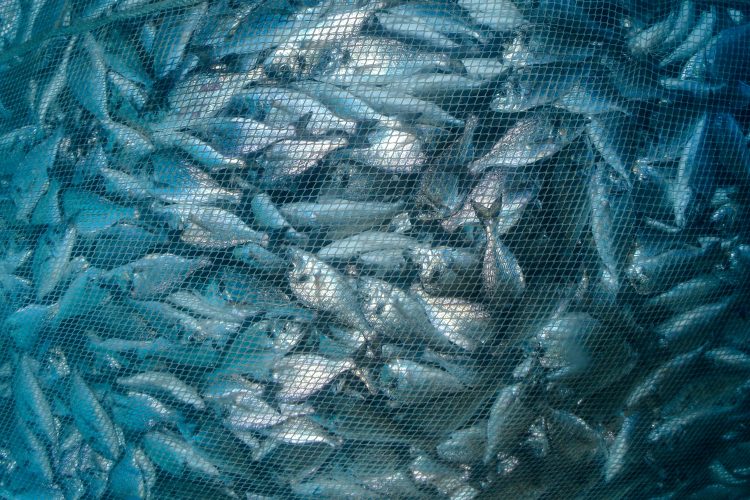Fish microbiome study uncovers hidden parasite
Posted: 24 June 2024 | Grace Galler | No comments yet
A previously uncharacterised parasite has been uncovered in fish worldwide, with researchers highlighting potential implications for commercial fishing and oceanic food webs.


Researchers have discovered a once ““invisible” fish parasite present in many marine fish world-wide” using genome reconstruction.
The team of academics from the University of Miami Rosenstiel School of Marine, Atmospheric, and Earth Science have noted that the parasite belongs to the apicomplexans, one of the most important groups of parasites at a clinical level
While the presence of this parasite has gone “unnoticed” in previous studies, it is reportedly geographically and taxonomically widespread in fish species around the planet, and is something the researchers say could have implications for commercial fishing and oceanic food webs.
The international study, published by Current Biology, was also carried out in partnership with researchers at the Institute of Evolutionary Biology (IBE), a joint centre of the Spanish National Research Council (CSIC) and the Pompeu Fabra University (UPF).
The team has characterised a new parasite in the red-lipped blenny, a fish that lives in tropical reefs and has also spotlighted its presence in fish around the world.
To gather data, scientists used an innovative method to reconstruct part of the parasite’s genome from sequencing data obtained from its host, and be able to detect its presence in other fish using genetic “barcodes” (DNA barcoding).
The genomic data of the study reveals that this parasite belongs to a group of organisms previously uncharacterised and have been named ichthyocolids, which comes from the Latin “fish dweller.”
“Although it had been previously identified by microscopy, we had not been able to separate the genomic signal from the host fish and the parasite until now. For the first time, we have been able to identify them through their DNA, and place them within the well-known group of apicomplexan parasites,” explained Javier del Campo, lead of the study and Principal Investigator at IBE in the Microbial Ecology and Evolution group and at the Rosenstiel School in Miami.
By reconstructing the parasite’s genome, scientists achieved two breakthroughs. First, they discovered a completely new class of apicomplexans. Second, they pinpointed a specific set of genes that function like a barcode for this parasite. This barcode will make it much easier to find the parasite in future samples of fish DNA or gut bacteria.
“Once we found ichthyocolids in the red-lipped blenny, a tropical fish, we wondered if it would also be part of the microbiota of other fish,” says Anthony Bonacolta, a PhD candidate in marine biology and ecology at the Rosenstiel School and first author of the study.
As of their discovery, the researchers compared the parasite’s DNA against a massive database of fish microbiomes – the microscopic communities of organisms living within fish. The analysis revealed the parasite in most marine fish species studied, spanning all oceans.
“Future studies could help us better understand the impact of parasites as prevalent as ichthyocolids in marine ecosystems,” del Campo says.
Taking Ichthyocolids into consideration, the researchers explained it is a parasite that belongs to Apicomplexa, a large group of parasites including the ones that causes malaria and toxoplasmosis.
While these parasites do not pose direct risk to human health, the team notes they are important to study for the health of the oceanic ecosystems and for more context on the evolution of those human parasites.
“The discovery of the ichthyocolids adds more context to this evolution. For the first time, they are placed as a sister group to well-known coral inhabitants, the corallicolids, also recently described as apicomplexans,” explained the researchers.
“Studying ichthyocollids not only reveals more about the evolution of major parasites, but also the other basic traits of apicomplexans which may be important in a clinical sense. They may use similar infection mechanisms (as they are also a blood parasite) or have other similar biology which can enlighten our understanding of other apicomplexans,”” concluded Bonacolta.
Related topics
Contaminants, Environment, Food Safety, Pathogens, Quality analysis & quality control (QA/QC), Research & development, Supply chain, World Food
Related organisations
and Earth Science, Atmospheric, Institute of Evolutionary Biology (IBE), Pompeu Fabra University (UPF), Spanish National Research Council (CSIC), University of Miami Rosenstiel School of Marine









